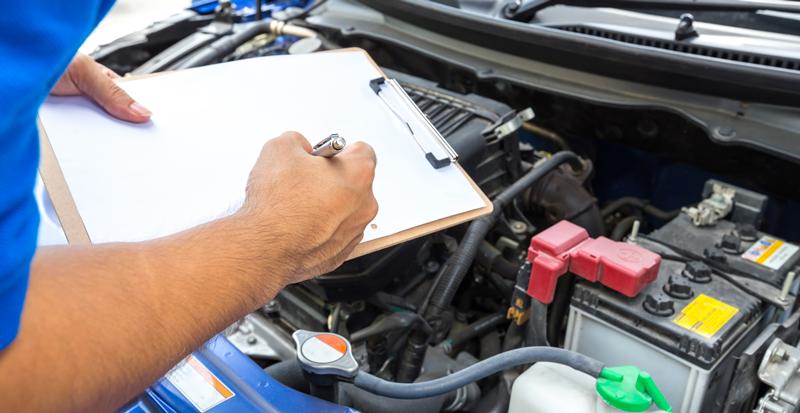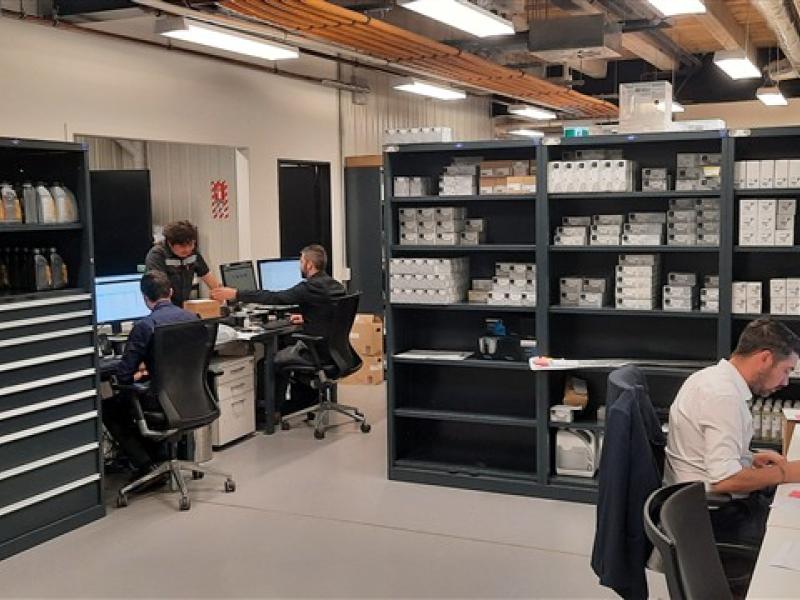One of the most important messages that comes across from our readers is false economy, or more to the point, taking shortcuts during routine services that lead to false economy.
This is particularly important when servicing diesel vehicles.
A simple example of this is not changing air, oil and fuel filters during a routine service. This might appear to the customer to be a waste of time, saving a few dollars, but the reality is that dirty air filters can adversely affect fuel economy, dirty oil filters can lead to increased wear in the engine, and dirty fuel filters can cause reliability issues and even lead to roadside breakdowns.
The best way to get around these issues is for the service receptionist to properly explain why these filters should be changed, and at the same time why it is important to keep routine services up-to-date, as filters left in “over time” can create problems.
Another issue with diesel engines is the potential for carbon build-up around the injectors.
Technicians should check for any compression leaks around the injectors each time a vehicle comes in for service as failure to do this can result in costly repairs down the track. This is because if carbon is allowed to build up, the cooling of the injector can be compromised, as well as ponetntial damage to the injector by the carbon build-up when it has to be removed.
However, if an injector is damaged, don’t just throw it away, because in many cases they can be repaired.
Another area often overlooked is build-up of carbon in the inlet tract in some engines.
This can happen at mileages as low as 30,000km, and has been noted in some engines even when the EGR valve has tested OK. Lots of slow running is the usual cause, and this will often result in an engine fault code being triggered.
Once this happens it will be necessary to dismantle and remove the inlet tract, EGR valve, and manually clean the system. The best method would depend on the length of time taken for the build-up to occur and the engine operating temperature. Soaking in acid bath and/or manually chipping or sandblasting appear to be the preferred methods. Polishing the area may reduce the tendency for build-up to occur.
However, there are indications that this can be prevented by the regular use of good fuel additives – Flashlube’s Common Rail Diesel Conditioner comes to mind . As well as being a sulphur replacement to lubricate the extremely high pressure pump, this product is proving very successful in maintaining the intake manifold airways due to cleaner exhaust emissions through the EGR.
Finally, when it comes to getting more power and economy, many customers try to achieve this cheaply by the use of changing ECU chips or using piggy-back chips.
While these can be effective, it is important to ensure that the electronic upgrade with change the duration of the injection cycle rather than just raising the fuel pressure as many aftermarket kits do.
Raising fuel pressure alone can in the long term be detrimental to the injectors, as too much fuel pressure can cause fuel leaks.
However, this won’t occur if the mods entail changing the electronic cycle; you’l just getb better power and economy.
These are just a few of the basics diesel mechanics should look at when servicing a vehicle. However, we came across this really interesting Facebook public group “Diesel Mechanics Tips and Tricks” which seems a useful reference, particularly when trouble shooting.






